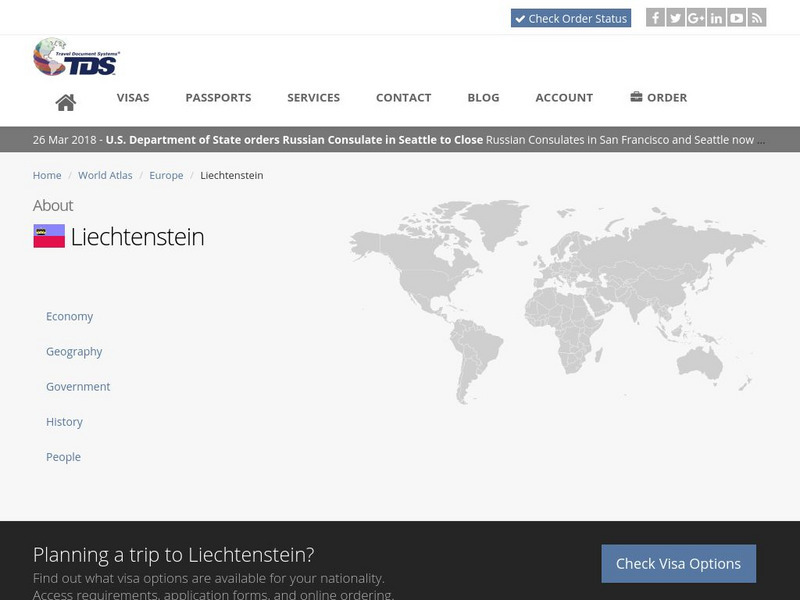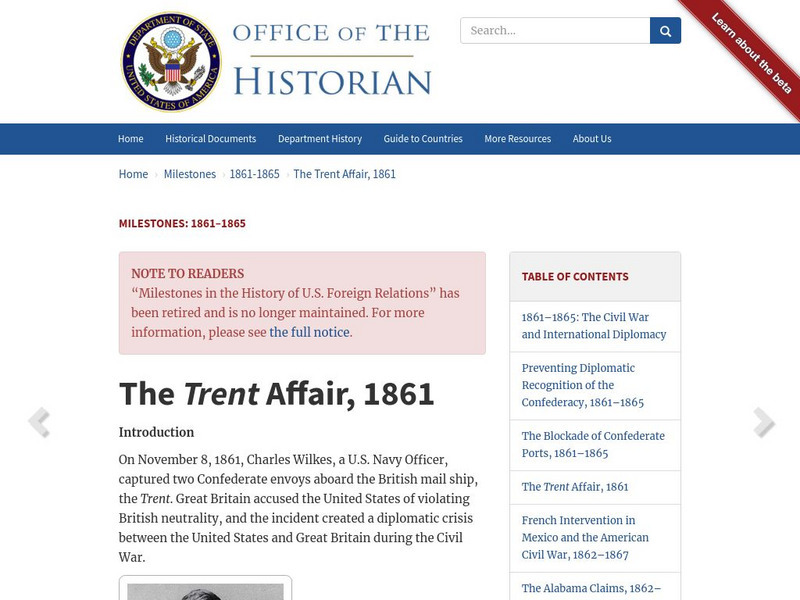Hi, what do you want to do?
Independence Hall Association
U.s. History: America in the First World War
A brief overview of the United States in the World War I era. Read about initial American neutrality, American entrance into the war, and the American homefront.
Other
Destroyer History Foundation: Uss Greer (Dd 145)
Read about the first American shots of World War II fired by the USS Greer at a German U-boat in the North Atlantic before the U.S. entered the war.
Independence Hall Association
U.s. History: The Arsenal of Democracy
Although Americans remained isolationist in their thinking, President Roosevelt understood that the European allies needed help against the Germans. Read about the incremental ways America became involved in World War II in Europe...
Independence Hall Association
U.s. History: 1930s Isolationism
Read about the ways the American government and people looked inward during the 1930s, isolating themselves from actions taking place in Europe and Asia.
Independence Hall Association
U.s. History: The Road to Pearl Harbor
A brief overview of the decade prior to the American entrance into World War II. Read about the rise in militarism in both Europe and Japan.
Independence Hall Association
U.s. History: Unsettled Domestic Issues
The new United States government faced many threats to its success. Read this overview of the possible problems.
Independence Hall Association
U.s. History: George Washington: Farwell Address
Although he surely could have remained in office longer, George Washington served only two terms in office. Read about his Farewell Address, one of the important speeches in American history. He gave advice concerning both national and...
OpenStax
Open Stax: Great War 1914 1919: American Isolationism and European Origins of War
The foreign policy of Woodrow Wilson is explained, and how he tried to keep America neutral at the start of World War I yet intervened in international affairs in the Western Hemisphere. The reasons America declared war on Germany in...
Henry J. Sage
Sage American History: The New Republic: The United States, 1789 1800
Article discussing the particular events of post-Revolutionary America, 1789-1800, and how they shaped the era of the New Republic. The author covers the first presidency, the emergent party system and foregin affairs.
Independence Hall Association
U.s. History: Farewell to Isolation
President Wilson's claim, "he kept us out of war," did not last. Read about the increasing number of reasons for American to declare war against Germany. See why war was finally declared in April, 1917.
Travel Document Systems
Tds: Cambodia: History
Read this history of Cambodia which concentrates mainly on the disaster of the Khmer Rouge government and the progress Cambodia has made in the recent past. From U.S. State Dept. Background Notes.
Travel Document Systems
Tds: Sweden: History
Read an overview of Swedish history from the time of the Vikings until now. Information is from the U.S. State Dept. Background Notes.
University of Maryland
Howard County History Labs: United States Have Entered World War I? [Pdf]
In this activity, learners will analyze excerpts from two speeches in order to understand and evaluate the reasons why the United States joined the war. They will then write a letter in which they argue for or against U.S. entry into the...
A&E Television
History.com: Latino, Hispanic, Latinx, Chicano: The History Behind the Terms
The effort to coin a term to describe a wildly diverse group of Americans has long stirred controversy. The terms Latino, Hispanic and Latinx are often used interchangeably to describe a group that makes up about 19 percent of the U.S....
National Endowment for the Humanities
Neh: Edsit Ement: The Crisis of American Diplomacy, 1793 1808
In this Curriculum Unit, young scholars will consider "The Crisis of American Diplomacy, 1793-1808" in 3 Lessons. The unit also includes worksheets and other student materials that can be found under the resource tab.
Yale University
Avalon Project: Soviet Japanese Neutrality and Denunciation
Site consisting of four documents between the Soviet Union and Japan. Articles outlined mutual respect of territorial boundaries during World War II and Soviet denunciation of the pacts in 1945.
Travel Document Systems
Tds: Liechtenstein: History
A brief look at the history of Liechtenstein from its inception in the early 18th century to present day. Information from the U.S. State Dept. Background Notes.
National Endowment for the Humanities
Neh: Edsit Ement: Woodrow Wilson and Foreign Policy
A thorough review of Woodrow Wilson's foreign policies in these four lessons offered by EDSITEment. Learn the origins of "Wilsonianism," Wilson's views on relations with countries in Latin America, Wilson's decision to enter World War I,...
US Department of State
Office of the Historian: The Trent Affair, 1861
Find out about the diplomatic crisis between the United States and Great Britain at the beginning of the Civil War, why it was important to the North and South, and how it was resolved.
Digital History
Digital History: America Goes to War [Pdf]
President Woodrow Wilson tried to maintain American neutrality in World War I. Find out why he decided that the U.S. needed to join the war and read a portion of his message to Congress asking for a declaration of war against Germany....
Ducksters
Ducksters: World War I for Kids: United States in Wwi
Kids learn about the United States in World War I. The U.S. began neutral but was pulled into the war by the Germans. The influx of fresh troops and resources turned the tide of the war in favor of the Allies.







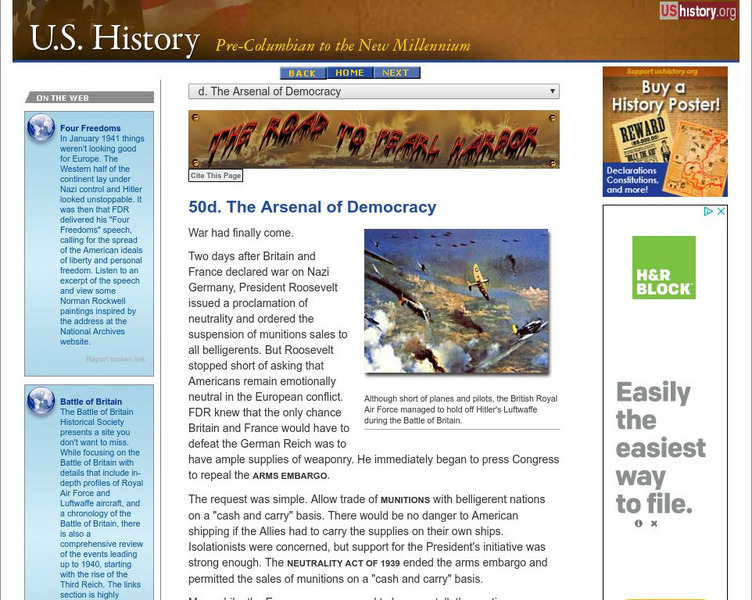



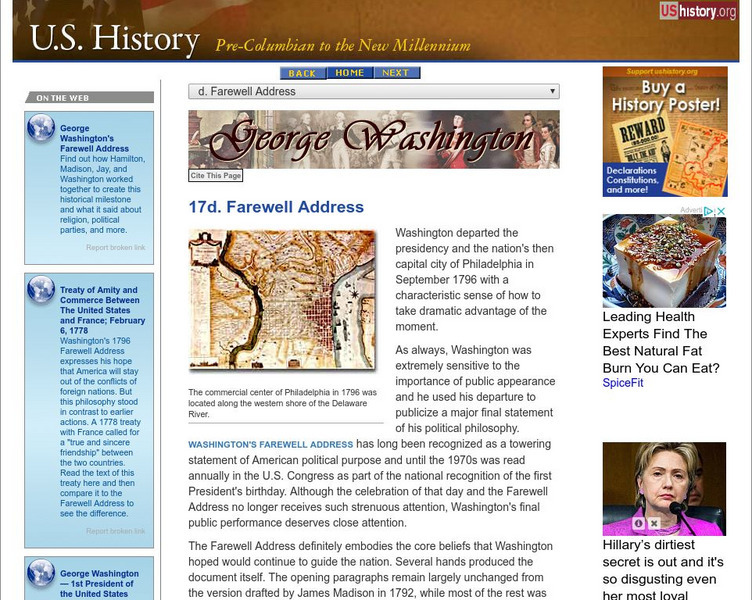

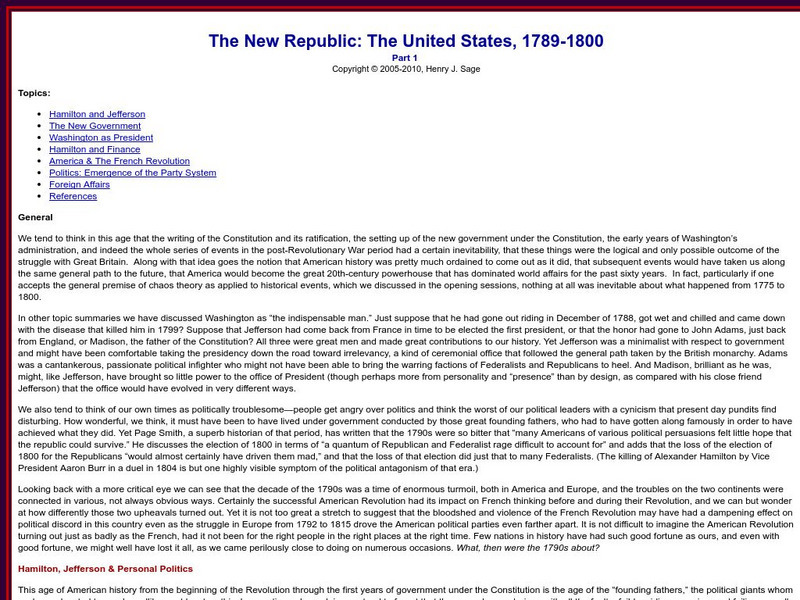
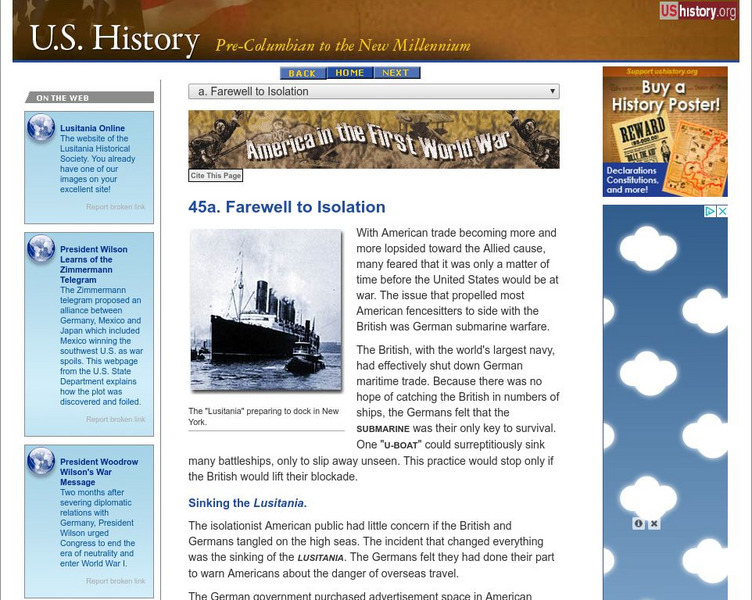


![Howard County History Labs: United States Have Entered World War I? [Pdf] Lesson Plan Howard County History Labs: United States Have Entered World War I? [Pdf] Lesson Plan](https://static.lp.lexp.cloud/images/attachment_defaults/resource/large/FPO-knovation.png)


